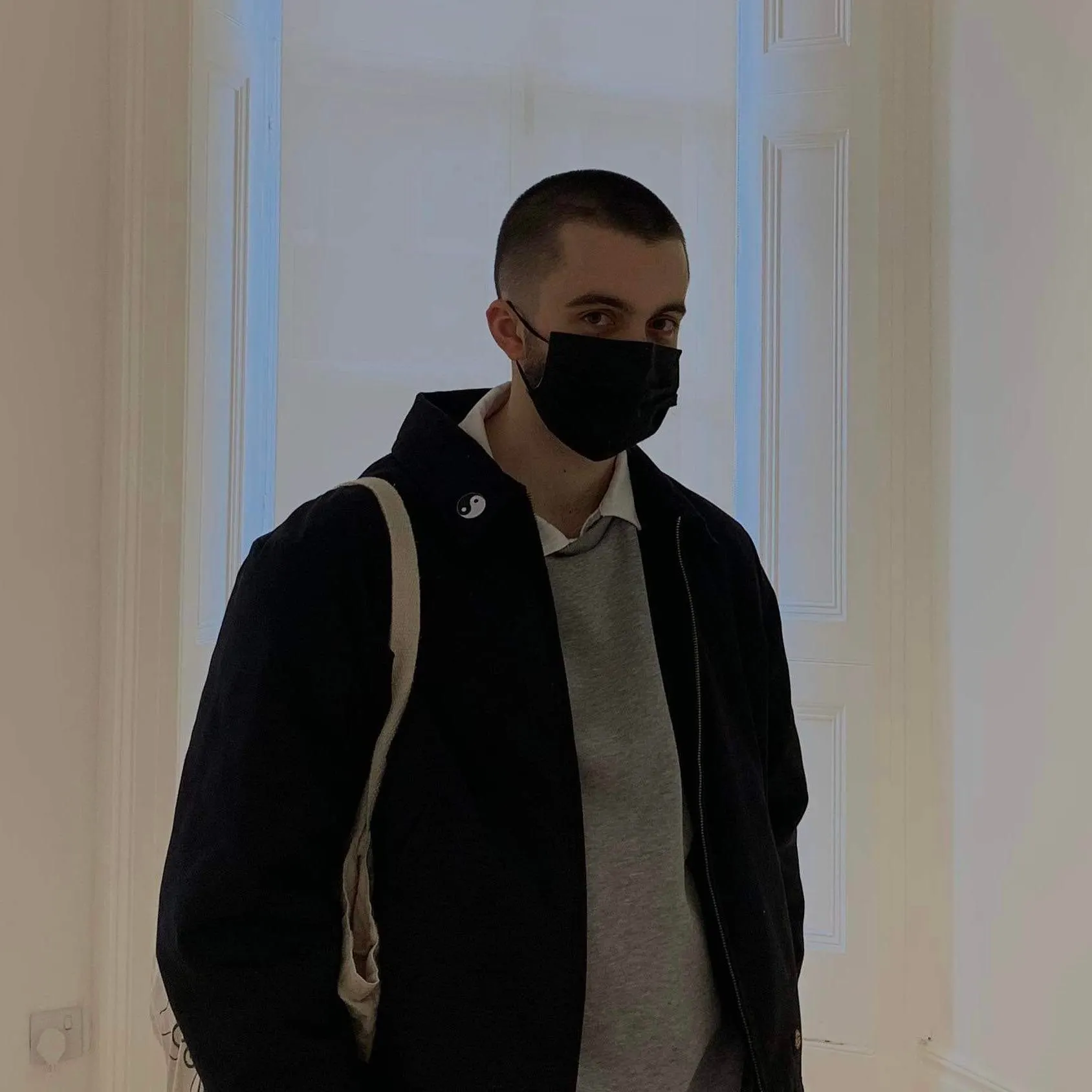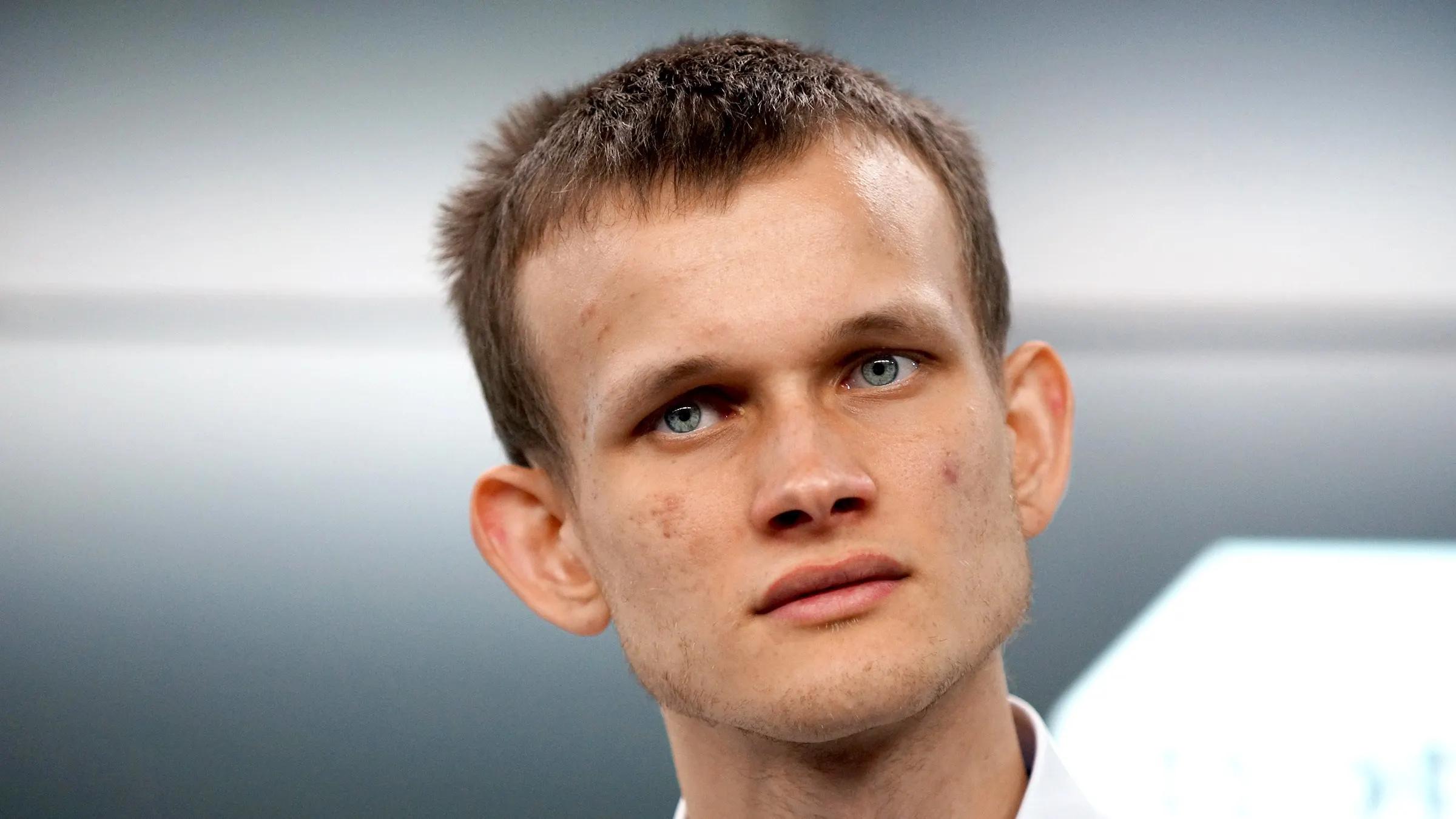Ethereum co-founder Vitalik Buterin has pushed back at claims that he has sold any ETH over the past month, in a recent Twitter thread.
“I haven't sold a single ETH in the past month,” Buterin replied to a Twitter user Saturday. He added that, “The amount of ETH I hold has actually gone up.”
Buterin also addressed claims that the Ethereum Foundation has been ‘dumping’ on the market, instead saying that its movement of funds are in order to pay vital researchers and developers.
“Bro the ETH foundation is paying researchers and devs,” Buterin said in a Twitter post, going on to list nine responsibilities for the paid employees. “Show some respect.”
His comments come amid mounting public pressure on Buterin and the Ethereum Foundation, after the latter moved $94 million worth of Ethereum to centralized exchange Kraken in August as part of its “treasury management activities.”
In a later post, Buterin said that the Foundation transfer to Kraken did not mean the organization was ‘dumping’ the entire $94 million of ETH at once. Instead, he claims, the Foundation is trying to reduce its market impact through methods such as setting limit orders.
In respose to a query as to why the Foundation doesn’t stake its ETH holdings and pay costs using the revenue yielded from that. Buterin explained that the Foundation is avoiding this as it may lead to issues with the organization’s neutrality further down the line.
“We don't want to be in the situation of being forced to make an ‘official choice’ in the event of a contentious hard fork,” he said.
A hard fork happens when the network is being upgraded, creating two tokens in its wake. In some cases, the change is controversial, splitting the community between these two networks—as in the case of Bitcoin and Bitcoin SV, or indeed Ethereum and Ethereum Classic.
In the event of a polarizing hard fork, if the Foundation had ETH staked, it would be required to pick a side, because the staked ETH would be tied to one of the networks.
Instead, Buterin suggested that the Foundation could provide Ethereum grants and ask the recipients to stake these holdings for as long as they desire. While this would still require the Foundation to move funds, it would slow down the process of selling, as those being paid would be incentivized to earn the percentage yield that staking provides.
Alternatively, power could be spread across more organizations, adding more credence to the decentralization ethos of crypto. But for now, this is all theoretical.
Daily Debrief Newsletter
Start every day with the top news stories right now, plus original features, a podcast, videos and more.

